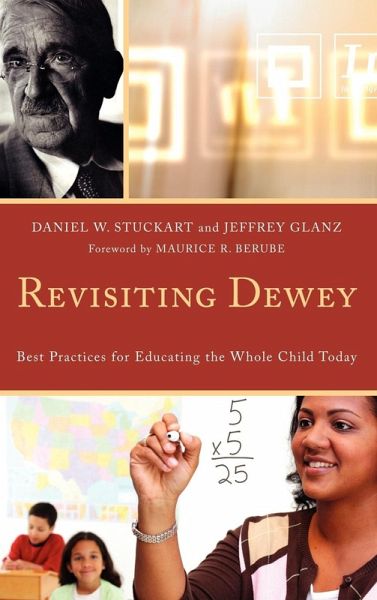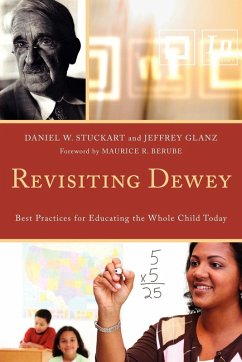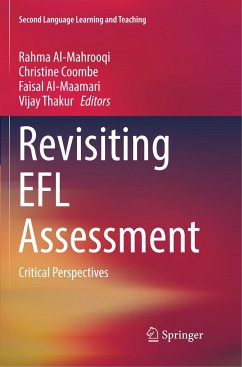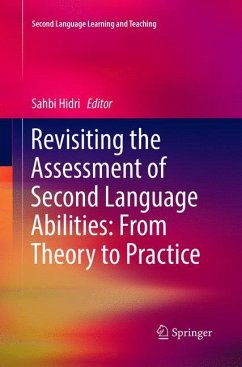
Revisiting Dewey
Best Practices for Educating the Whole Child Today
Versandkostenfrei!
Versandfertig in 1-2 Wochen
87,99 €
inkl. MwSt.
Weitere Ausgaben:

PAYBACK Punkte
44 °P sammeln!
Nearly a century ago, Dewey proposed a philosophy of education addressing the needs of the whole student. He provided insights into the development of intelligence, the importance of socially useful skills, and the healthy growth of the individual. In the context of high-stakes testing and best practices, his insights may be more prescient than ever.














